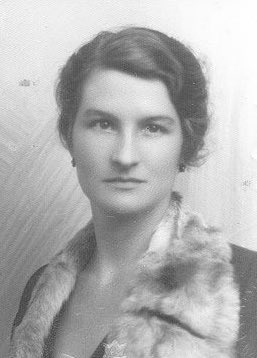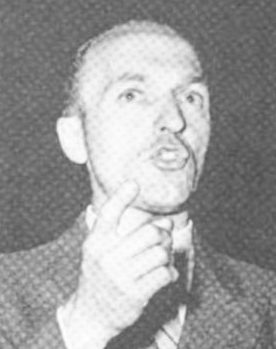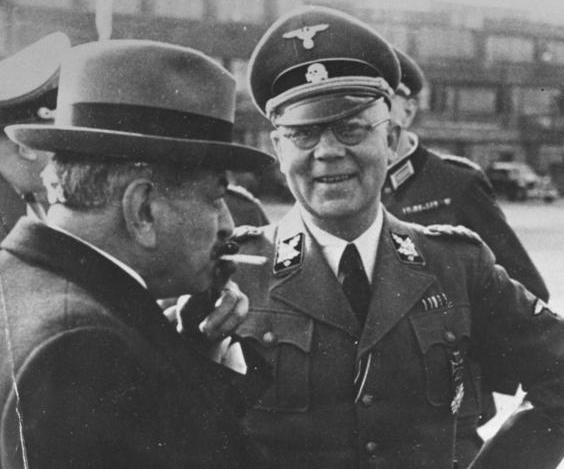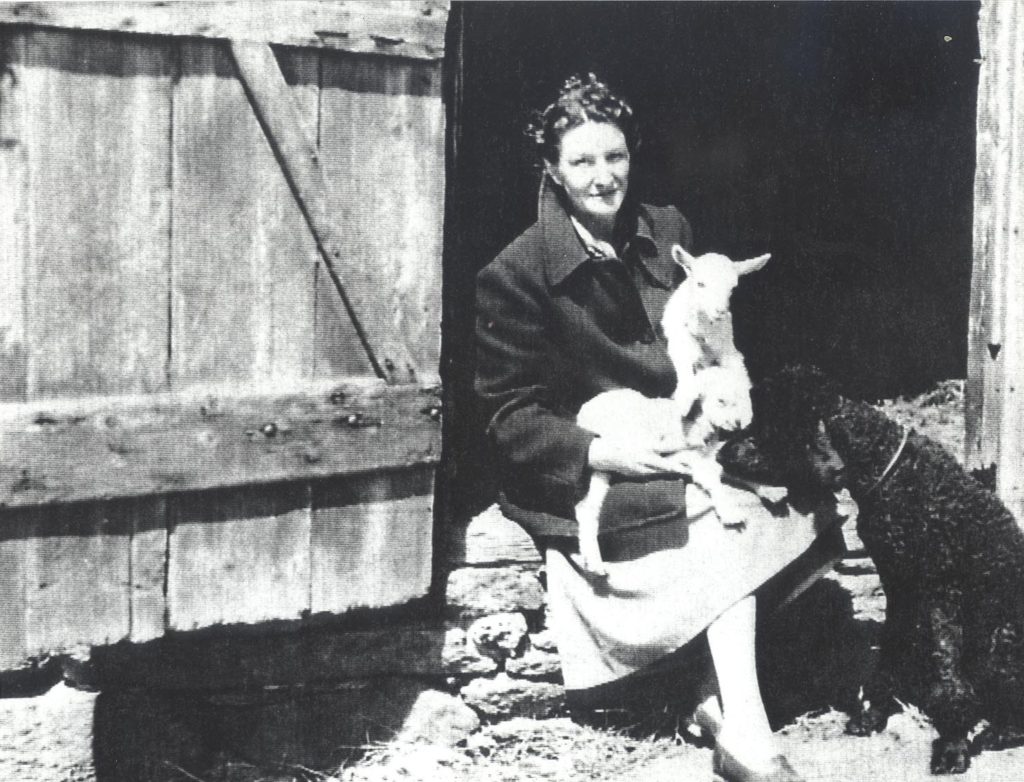After her rejection by the State Department, Virginia Hall became the most decorated American female civilian during World War II.

Virginia Hall, was savvy enough to anticipate the occupation of Vichy France and only days before the Germans stormed into the region, she made a daring escape by foot over fifty miles of the snowy, rugged Pyrenees Mountains. In Virginia’s case it actually was one foot, her other limb having been amputated at the knee after a hunting accident in her youth. But Virginia Hall’s exploits in France were far from over and she eventually returned to the continent as one of the first recruits of the famed American OSS becoming the most decorated civilian female of World War II.

In early August of 1942, a new courier appeared at the offices of the French doctor who was a link in the chain that communicated with Resistance members in Paris. Because he came with microfiche that was sure to contain valuable intelligence, knew the passwords and identifiers associated with other couriers from his Parisian network and was dressed in the robes of a priest, he was initially accepted as genuine. He also knew one of Virginia Hall’s pseudonyms, Marie Monin and he asked for the money that she typically doled out to support activities throughout France. Because he had not told anyone of his arrival, he was informed that the money was not available presently, but he could wait until it was available. Instead, he replied that he would return in a week. It was three weeks before he showed up again, but this time he was insistent that he meet with “Marie” personally. Summoned to the doctor’s office from her nearby location, Virginia was immediately put off by the newcomer’s German accented French and his immediate request for a wireless radio. Although he brought a personal letter of introduction from the previous courier and his arrival coincided with this individual’s request to be replaced, Virginia remained wary of the man who introduced himself as the Abbe Robert Alesch.

One of Petain’s ministers, Pierre Laval, exploited the General’s incipient senility by filling the vacuum at the head of the Vichy Government. Convinced that Nazi Germany would win World War II, he decided to ingratiate himself with the Nazi’s by constructing a harsh and repressive regime. French authorities conscripted French citizens by the millions for German slave labor and eventually cooperated with the roundup of Jews for transport to the death camps of Poland.

There she and her husband would live a quiet life, her health deteriorating until she was virtually incapacitated by her amputated limb, most of her time spent at home, reading and no doubt reflecting on her multifaceted service and career. Her health necessitated hospitalization on many occasions and she passed away on July 8, 1982. Her husband died five years later.
Podcast: Play in new window | Download
Subscribe: RSS
